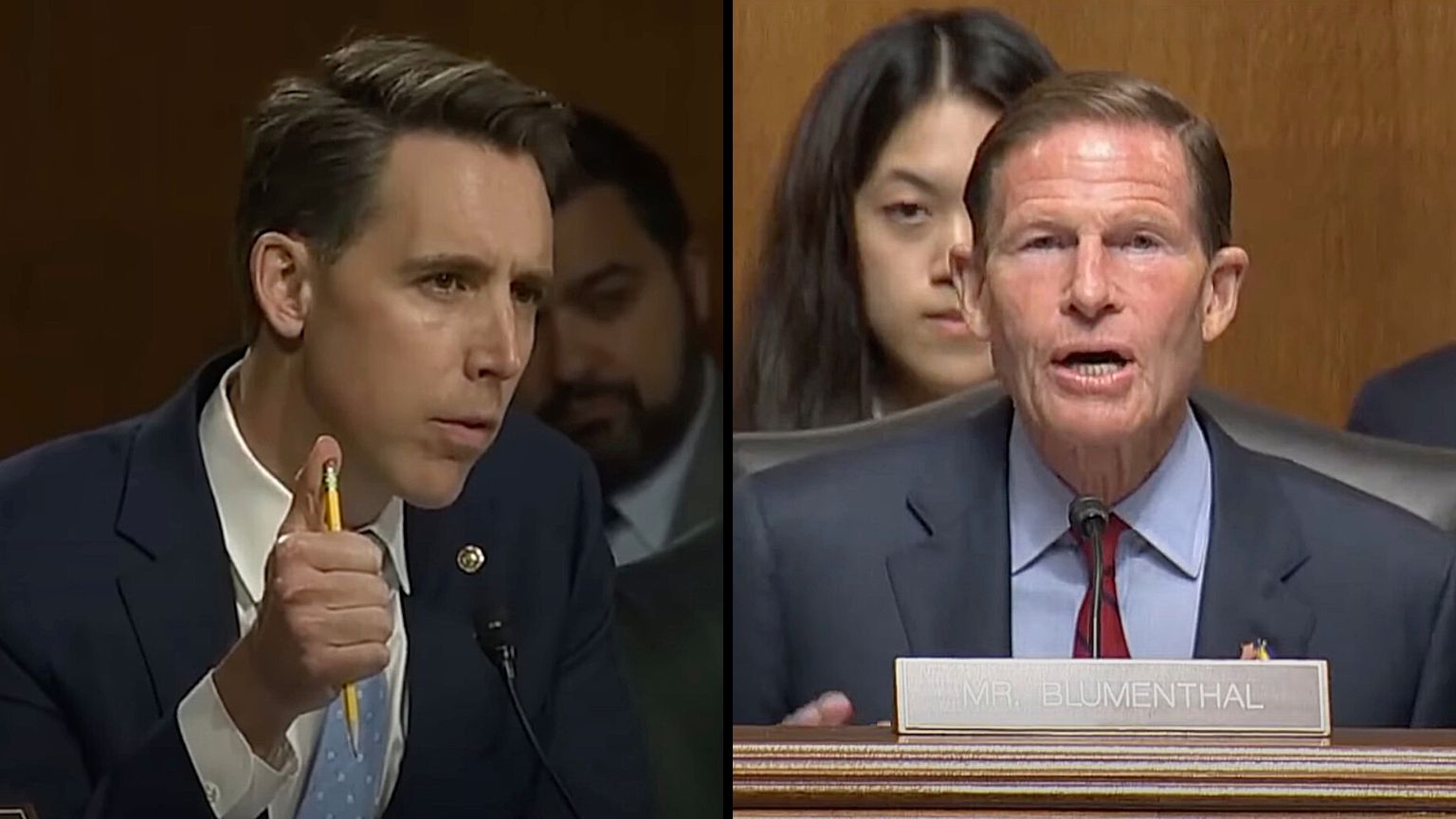This week, a Senate Judiciary hearing under the umbrella of the Privacy, Technology and Law Subcommittee became the stage for bipartisan senators to divulge plans aiming to focus on the allegedly looming threats of manipulative artificial intelligence, especially in the realm of elections. Visions for a framework proposed by Senators Josh Hawley (R-Mo.) and Richard Blumenthal (D-Conn.), foresee a new government agency, tasked with issuing licenses to entities working with AI systems.
Simultaneously, Senator Amy Klobuchar (D-Minn.) unveiled preliminary details of upcoming legislation, crafted in tandem with Hawley, along with Senators Chris Coons (D-Del.), and Susan Collins (R-Maine). This new proposal targets the prospects of AI technologies pervading the electoral process.
Apprehension regarding deceptive generative AI undermining democratic elections took center stage during the Senate hearing, with Klobuchar expressing a sense of urgency given the rapidly approaching electoral calendar.
Specifically, the newly minted legislation, coined the Protect Elections from Deceptive AI Act, is envisioned to clamp down on AI-assisted impersonation of federal political aspirants in campaign ads.
Rendered as an amendment to the Federal Election Campaign Act of 1971, this legislation provides a legal recourse in federal court for targeted candidates to counter harmful AI-generated deceptive content.
The legislation maintains safeguards for satire, parody, and news broadcasts. But as with all legislation of this kind, the devil will be in the detail and free speech supporters will be on the lookout for any potential First Amendment violations that could hinder art, memes, and other forms of free expression.
Klobuchar shared, “Senator Hawley and I have introduced our bill today with Senator Collins… and Senator Coons to ban the use of deceptive AI-generated content in elections.” She also detailed a related watermark-based system aimed at AI impersonations of political figures.
Hawley and Blumenthal’s joint vision involves creating a new government entity responsible for supervising high-risk AI technologies.
The proposed mandate will require government licensing for firms developing AI technologies with a high potential for misuse including large language models like those developed by OpenAI and transformative applications such as facial recognition.
Firms pursuing these technologies will be required to adhere to specified risk management, pre-development testing, and incident reporting practices, according to a brief issued by the senators.
Furthermore, Blumenthal expressed his concern about election interference: “And I want to thank my colleagues, Senators Klobuchar, Hawley, Coons and Collins, for taking the first step toward addressing the harms that may result from deepfakes, impersonation…”
The idea of having the government ultimately in charge of granting licenses to AI tech companies is something that has been floated before, specifically earlier this year in a Senate Judiciary Committee hearing on AI. We outlined what the senators were saying about the proposals and broke down the problems with giving government this much power – specifically in relation to small businesses and ultimately allowing the government to control aspects of speech.










